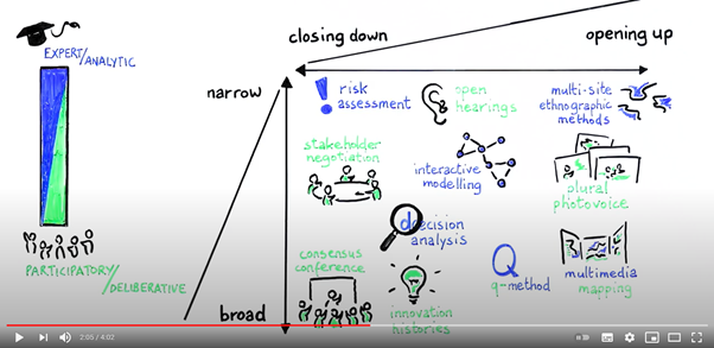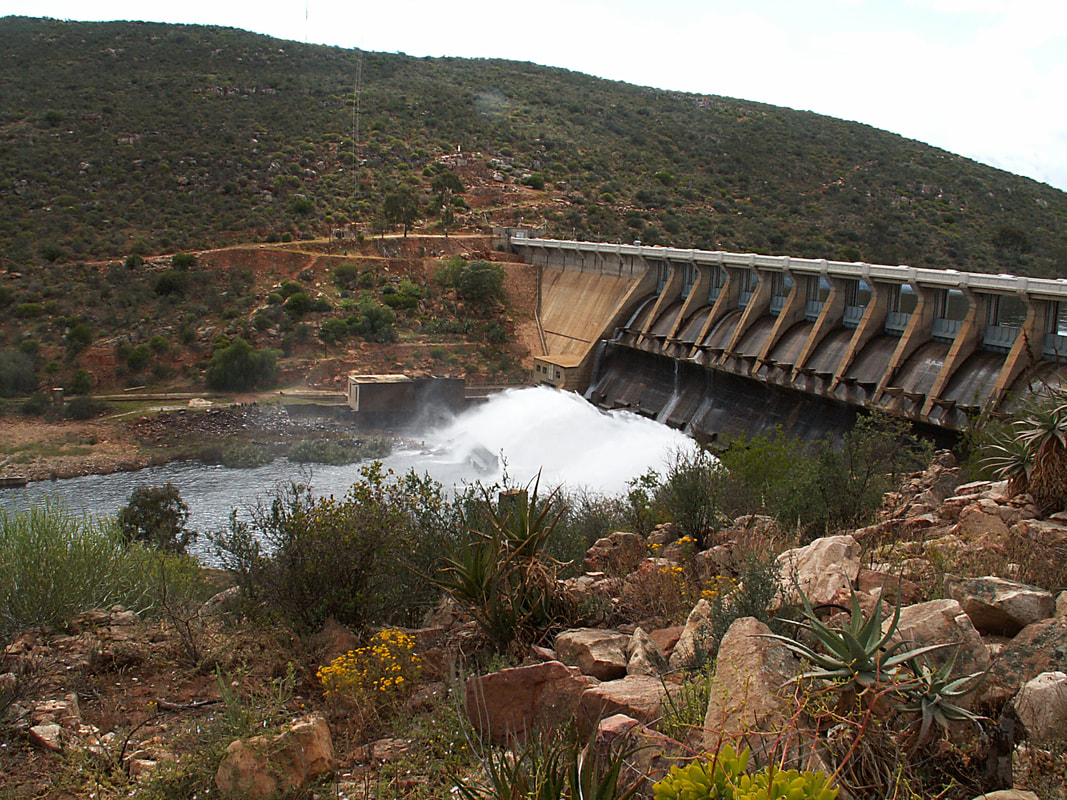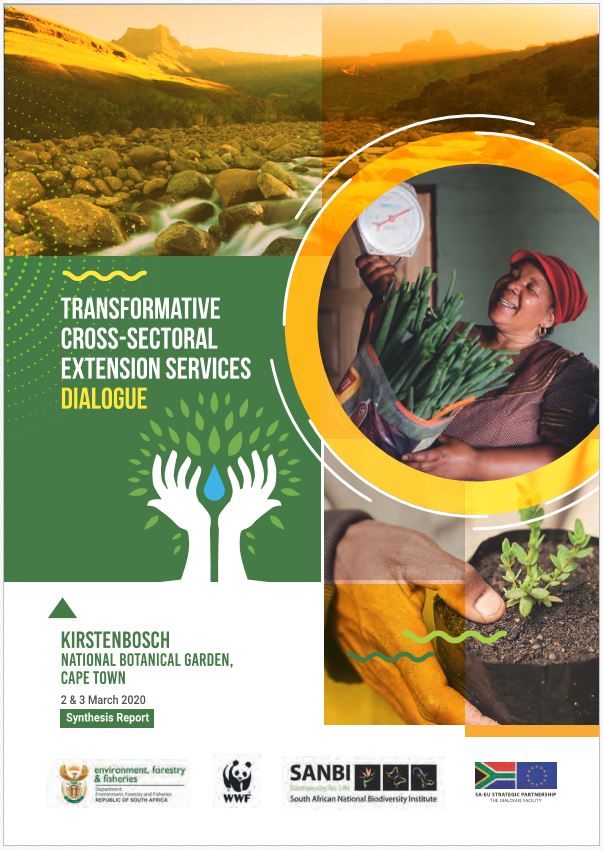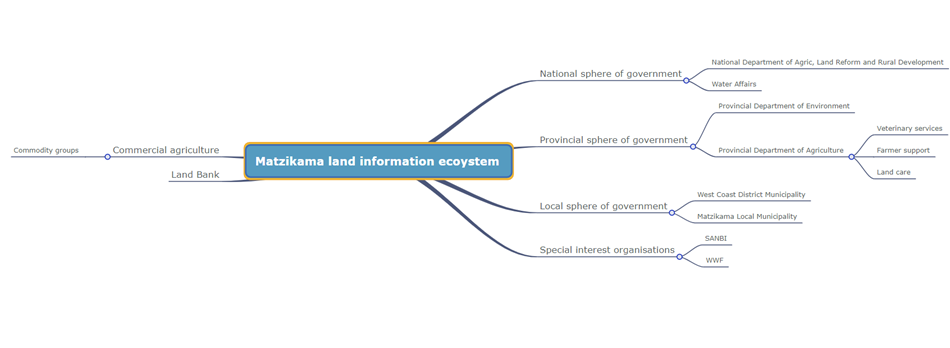|
The Covid third wave breaks in Matzikama Phuhlisani NPC has been putting the work in on the ground trying to get as much done before the impending disruption which will be created by the third wave of Covid 19. The health authorities have requested that the local municipality cancel all face-to-face meetings and gatherings, as they have very limited local hospital capacity to deal with the impact of increased infection levels. It is unclear how severe the third wave will turn out to be, and how soon the roll out of vaccines will have an impact in damping infection rates. Hearing all the voices All health protocols have been observed to enable a number of individual face-to-face meetings and interviews. These have been conducted with local municipal officials, civil society organisations, commercial farmers, smallholder producers and a range of agricultural processing companies. The latter has included Lutzville vineyards, Klawer wines, Syngenta, South African Dried Fruit, Redsun Raisins, the Table Grape Association and the Optimax finance and admin company which provides support services to smallholder farmers. Despite the Covid challenges in the past two weeks we have had communication/ online meetings with:
Work has been undertaken to plan an agenda and secure participation for a municipal social platform meeting which was due to be held on the 27th May. However due to the advance of the Covid third wave, this meeting has since been postponed. We are currently pursuing alternative engagement strategies which do not involve face-to-face meetings. Selected highlights from the past two weeks work Assessing private sector support for land reform We are starting to obtain a much clearer understanding of the different private sector land reform initiatives in the area - some of which are very interesting, with much that can be learned from them. There is a definite positive interest in getting involved with a local municipality scale planning process, especially from the different private sector actors. However, there are very different paradigms and ways of seeing at work here. Processes of harmonising different paradigms and widely differing foundational assumptions will prove challenging, if we are to be able to develop a consensus plan. Growing recognition of need to plan at different scales and recognise different needsThere is an openness and agreement from most parties that we need to think about a continuum of land use scenarios, that recognise and cater for different production scales and land access needs including:
Who will access new irrigation land and how? Currently the only access to land for black people is on the limited portions of municipal commonage and the two TRANCRAA areas of Ebenhaeser and Rietpoort. Assuming that a significant amount of new irrigation land becomes available in Matzikama and is earmarked for black farmers and in particular smallholder agriculture, the question becomes who has the technical, financial and management capacity to best make use of this land and how might they best be supported? Farm workers on commercial farms have many years of practical farming experience, but limited access to land. This suggests that senior agrisector workers who make up the middle management layer on commercial farms, are those most likely to have the skills set needed to farm comparatively larger farms under irrigation. However, they have very little financial capital and may lack social capital and higher-level enterprise management skills to position themselves to be able to access and farm such land. So, the immediate challenge is how to be able to identify and engage with this cohort to explore the possibilities of land reform and their interest in acquiring independent access to land and to develop a realistic assessment of constraints which will need to be overcome. There are some interesting private sector initiatives in the area, many of which have had no state investment. The question of how to grow these initiatives is going to be complex, but crucial to address - given the lack of funds allocated to land reform by the state. We will be analysing these more closely during the next three weeks to draw out the lessons and identify possible options. In our interactions with commercial farmers, several state that they to like to see their workers advance and gain access to their own land. They also indicate that they would be prepared to mentor new farmers. However, in an environment where skilled agrisector workers are highly valued and in short supply, their current employers will be reluctant to lose their most capable employees. This suggests that an approach that provides shared benefits may be the way to go. The Clanwilliam dam – game changer or dream? In a context of accelerating climate change and drought risk, securing access to water rights is a critical determinant of future sustainability and farming profitability. On paper, plans to increase the height of the Clanwilliam dam wall and expanding the irrigation distribution network create enormous opportunities. However, significant uncertainties remain. We are seeking clarity on the constraints preventing approval of this initiative, possible solutions to the constraints and a realistic timeline for implementation. There are suggestions that a public private partnership could address possible financial constraints. These suggestions will need to be closely investigated in terms of their viability, but the estimations for the Matzikama municipal area, are that the completion of the wall to enable an expanded distribution network, will bring significantly more irrigated land into production. There is broad agreement that this will be the key driver required to expand employment, enable smallholder access to land and water and open up the local agricultural economy. We are examining how additional water availability from the Clanwilliam Dam will impact on the price of land. In the same way, as the price of land in the lower Oliphants River increased when the poor white affirmative action programme on former Ebenhaeser land was being planned in the early 1920s, it is likely that the land earmarked for acquisition for expansion under the new water will similarly increase in price. From a land reform perspective, the key question will be how to acquire, or secure access to this land before the prices increase. This is particularly relevant given the shrinkage in the land reform budget, and the history of minimal land acquisition for redistribution in the municipality. There is evidence that some processing companies are already acquiring land in the areas which would become irrigable in the future, in order to be able to establish black farmers on the land, and in the process ensure access to water and guarantee their throughput. Opportunities to promote cross sectoral extension initiatives In 2020 the Department of Environment, Forestry and Fisheries, WWF and SANBI hosted a national dialogue on the potential of transformative cross sectoral extension, producing a valuable report. One of the recommendations from the workshop was the need to practically identify possible innovation spaces where different actors could align their approaches and resources. Phuhlisani NPC was active in the preparation for this workshop and was commissioned to produce a background paper (See annex 1 of the report). WWF, SANBI and DEDP have since approached Phuhlisani to present a case study session on the Matzikama collaborative planning approach. This will happen in June/July and has potential to open up new opportunities to practically align different extension and natural resource management initiatives in the municipality. Currently there are quite a number of different organisations with relevant projects in Matzikama. Our approach will be to identify possible synergies between them, while also accessing different sources of data for planning. Extending our communication reach CBPEP has agreed to host our blog on their website. We are looking forward to seeing our communication footprint expand. Scoping relevant sources of data to map the local information ecosystem Work is in progress to design and distribute a Google form to identify data held by different actors which have relevance for land reform planning. This will provide the foundation to examine the feasibility of improving systems and processes for curating relevant information – possibly through a municipal scale data hub. However, there are many challenges to confront here. Much of the information is confidential or proprietary, suggesting a lack of open data. Even though new sources of information and data can be made available, on their own they will be of little value, unless those involved in planning, programme design and implementation have the capabilities to access, interpret and actively make use of this. This suggests a focus on data and information literacies as a key competency for state officials. Emerging challenges
Several challenges are emerging:
3 Comments
 Welcome to the first in what hopefully will be a series of weekly updates published for the duration of the project. Each member of the team completes a custom-designed Google form at the end of each working week which enables us to monitor and report on progress. Our aim is to publish blog updates which reveal how we have planned our work, and which highlights key questions, challenges and strategic issues as they arise. All sorts of things have been on the go in Weeks 18 and 19. Developing a farmer profiling form Nationally the Department of Agriculture, Land Reform and Rural Development is involved in the ongoing registration of farmers and agricultural producers. This activity is being carried out in partnership with Stats SA. However, access to the data collected during the registration process is restricted. This poses several questions for land reform and agricultural planning at local municipality scale which involves multiple actors:
In the meantime, Phuhlisani NPC has been able to obtain a blank copy of the farmer/producer registration form which is being used as the basis for the national registration process. We have created a version of that form (with some adjustments) to use as part of a farmer profiling activity in Matzikama. A PDF version of the blank form can be downloaded here. In Week 19 we ran some test interviews with small producers in Matzikama. Farmer profiling forms part of the ‘know the farmer’ methodology which we are conceptualising as a foundational element of the land reform and local agricultural planning process. In a recent post on the Zimbabweland blog, land and livelihoods researcher Ian Scoones has been cautioning against the promises of ‘silver bullet’ technical/farming system solutions arguing that “a more systems perspective that appreciates the complex performance of farming is urgently needed” – one that recognises diversity and is premised on multiple pathways to sustainability. Some of the core idea behind such an approach are summarised in a recent Steps Centre explainer: What are pathways to sustainability? This suggests that identifying multiple pathways forms a key part of strategy. These pathways need to be identified by listening to different voices, recognising people’s values, understanding their livelihoods, the landscapes they operate in and the uncertainties they face. This requires a shift from expert analytic based approaches to those which draw on different methods which are participatory and deliberative. Figure 1 Screen grab from STEPSCentre video The ‘know the farmer’ approach starts by trying to assemble diverse portraits of those currently involved in agricultural production at different scales and with different objectives. It also has to find a way to identify and profile people who are not currently producing and lack any access to land. This aims to provide a foundation for more interactive processes to identify appropriate options and explore different pathways. However, it is clear that there remains a huge gap between the types of processes and approaches advocated here and the difficult realities on the ground. The approach is premised on a degree of flexibility which state institutions, policies and support mechanisms are often unable to entertain. Part of our challenge is to explore possibilities and innovations with potential to narrow this gap. Other issues arising from interviews and meetings with both small and larger scale commercial farmers include:
We have made a start with a preliminary mapping of the different sources of information and data on land and agriculture in Matzikama. Our aim is begin to put together a data catalogue and to share information about who has what data and the extent to which this is open and shareable. Figure 2: Mapping the land related information ecosystem
Getting our blog up on the CBPEP website We have received a green light from the CBPEP programme to host this blog. We are investigating ways to be able to easily update persons sitting on the project reference group and the different stakeholder forums and to try to extend some of the learnings generated by the process more widely. More next week. Today a well attended initial Project Steering Committee (PSC) meeting brought together a range of institutional actors who will provide oversight and advice for the duration of the project.
The PSC is chaired by Najwah Edries - Head of the Jobs Fund. The committee comprises:
Prof Ben Cousins, team leader during the first phase of the project provided an overview of key findings and recommendations of the first phase research which was conducted in four local municipalities and which combined a range of thematic and commodity studies. All the the research outputs from Phase 1 can be found on the CBPEP website. David Mayson from Phuhlisani NPC who is heading up Phase 2 of the initiative to develop an applied methodology for collaborative local area land reform planning, provided an overview of the pilot. He provided insights into the methodology, phasing and principal deliverables. He emphasised that the effectiveness of the planning process will depend heavily on ensuring active and collaborative support from the relevant government departments and the Matzikama local municipality. At the same time, it is essential that smallholder producers are directly engaged and involved, together with civil society organisations which support them, as well as larger scale commercial farmers and agribusinesses in the local municipality. Overall the process has to recognise that each individual, department and organisation has their own priorities, assumptions and understandings of land reform and what must be done to develop an effective plan. The process presents 'wicked' information and data management challenges. Currently each department collects data, as does the private sector, so it will be important for us to map the data ecosystem in Matzikama, examining who collects what and who has access to which information, assessing the extent to which data is open or restricted. This will also entail thinking through how information systems might work better to share essential information to better plan and monitor programmes and assess their impact. In addition to the PSC, the project will engage with an existing national platform of stakeholders focused on land and land reform and a local platform will be established within the Matzikama municipality. The meeting noted that with municipal elections scheduled for October there was a likelihood that this space could become a vehicle for local political struggles, as control of the municipality was closely contested. While these structures and their optimal alignment are important, the core of the work will have a much lower level of visibility as we engage directly with producers on the ground, and make the linkages between diverse actors. Overall, the months ahead will provides important insights into what it will take to put in place conditions leading to meaningful collaboration and which results in traction at the levels of policy and practice. This may involve critically examining current processes of accountability which remain largely vertical, to see whether there is scope for alternative horizontal systems which promote lateral accountability for mutual benefit. In the work to be carried out before the project closes out in February 2022, Phuhlisani has opted for a learning process approach, placing a premium on effective communication. The PSC endorsed the compilation of a project blog. Members of the PSC requested that blog updates be emailed to them directly as there was quite a significant interval between each PSC meeting. A full record of the meeting proceedings will be available shortly. |
Phuhlisani NPCPlanning Pilot facilitator Archives
June 2022
Categories |





 RSS Feed
RSS Feed
